Advanced Equine Studies – Equine Internal Parasites and Sustainable Parasite Control – Streaming
$19.95
Once video is playing you can select full screen or “picture in picture” (icon shown below) to view video in larger window.

Product Description
Deworming protocols over the past 40 years have resulted in enormous health benefits for the horse. But the practice of frequent deworming has created the drug-resistant parasites we face today. The focus is now on sustainable parasite control: Testing for parasitic levels before deworming and only deworming when parasites reach a certain level. Treatment is then targeted to specific parasites. This program guides you through the current protocols for keeping horses healthy and performing at their highest level.
Advanced Equine Studies goes to the Cummings School of Veterinary Medicine at Tufts University where Dr. Alfredo Sanchez-Londoño provides a comprehensive education on the common internal parasites of relevance to all riders and equine caregivers.
Abigail Nemec, director of the equine studies program at Post University, makes complex issues easy to understand and pertinent to viewers’ needs as they care for their horses every day.
What you’ll learn in this 2-hour program:
* Life Cycles of Common Parasites: How horses are infected and the health threats posed by parasites.
* Manure and Pasture Management: The best practices to minimize parasite larvae on your farm.
* Fecal Egg Count Testing: Using the calendar to schedule rotational deworming is no longer the basis of an acceptable deworming program. Learn why fecal testing is now the standard for sustainable parasite control. You’ll see how tests are performed and analyzed.
* Chemical and Drug-free Deworming: Learn about chemical and drug-free dewormers—what works, what doesn’t, and when to treat.
Bonus Discussion: Internationally known parasitologist Dr. Martin Nielsen of the University of Kentucky’s Gluck Equine Research Center summarizes the state of deworming today and shares his cutting-edge research intosustainable strategies for the future of equine parasite control.
Enjoy a preview:
You must be logged in to post a review.
You may also like…
-
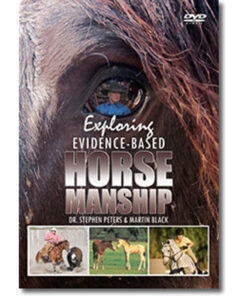
Exploring Evidence-Based Horsemanship – Streaming
0 out of 5$24.95Brands:Dr. Stephen Peters, Martin BlackPremium content -
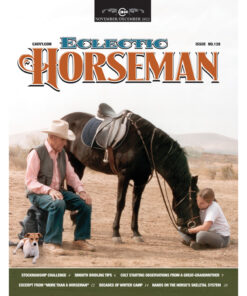
Gift Subscriptions
4.92 out of 5$50.00 Select options -
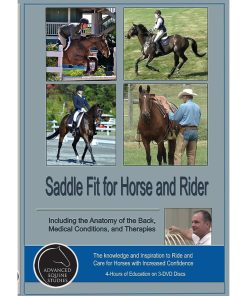
Advanced Equine Studies: Saddle Fit for Horse and Rider – Streaming
0 out of 5$34.95Brands:Advanced Equine StudiesPremium content
Related products
-

EH Issue No.80 – Electronic Version
0 out of 5$5.99 Add to cart -
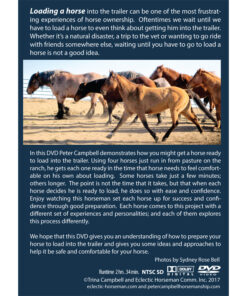
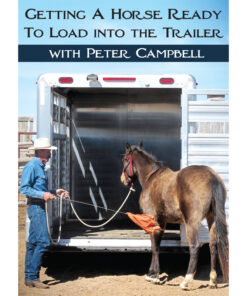
Getting a Horse Ready To Load Into the Trailer with Peter Campbell – Streaming
5.00 out of 5$59.95Brands:Peter CampbellPremium content -
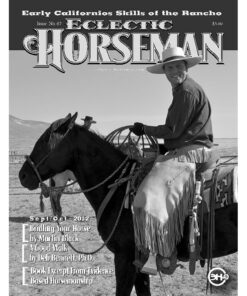
EH Issue No.67 – Electronic Version
0 out of 5$5.99Brands:Peter CampbellAdd to cart -

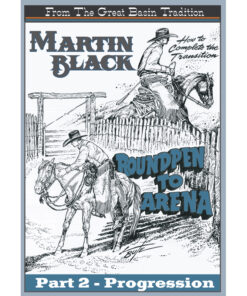
Martin Black – Roundpen to Arena Part 2 Progression – Streaming
0 out of 5$49.95Brands:Martin BlackPremium content -
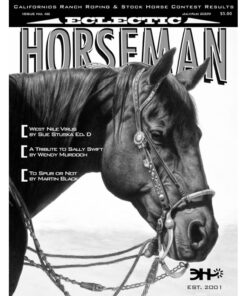
EH Issue No.48- Electronic Version
0 out of 5$5.99 Add to cart

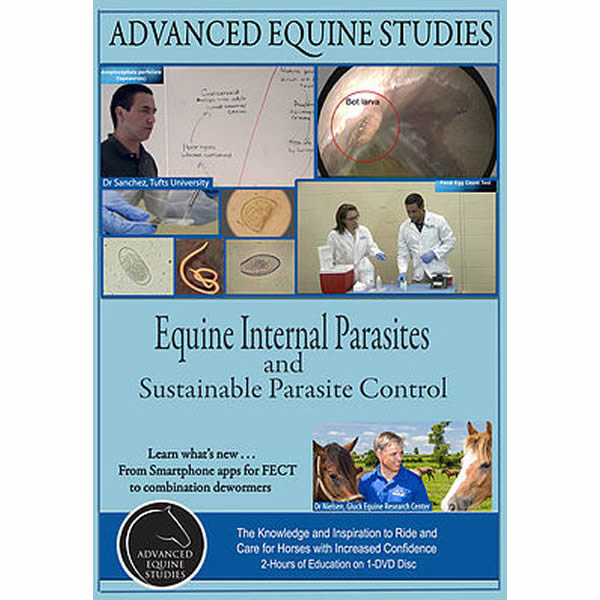

Reviews
There are no reviews yet.